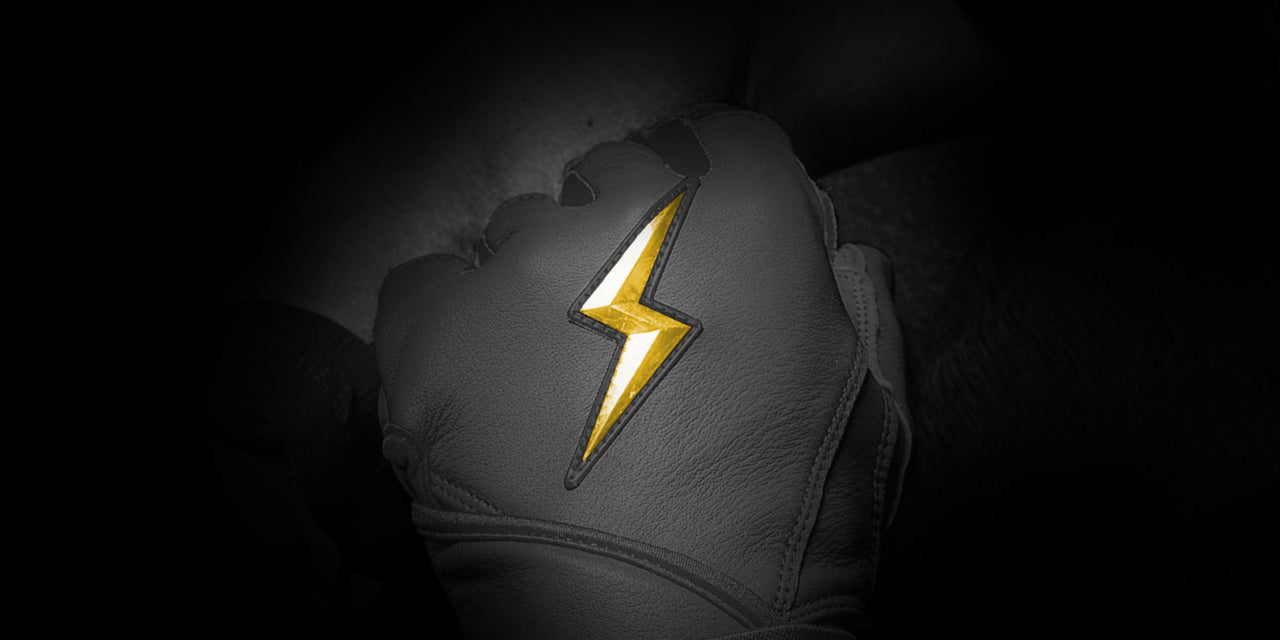written by Ken Davidoff
In anticipation of Memorial Day, BRUCE BOLT founder Bear Mayer recently hosted a Zoom call with eight men who chose to work in the U.S. military and possess a range of talents - and all happen to love softball. These folks don’t need the action, the juice, in the same way that might define your average company softball league player. Action and juice, and plenty of it, comes with their day jobs.
No, when those who serve our country find the time to hit a different field, wear different uniforms and sport different gear, many find the greatest thrill in the time before, between and after the pitches, swings and runs.
“Military ball is completely different,” says Ayden De Young-Faria, on active duty for the United States Navy. “I just enjoy seeing everyone out there, more than actually playing.”
Anthony Mastrogiovanni, U.S. Army veteran, adds of military softball, “It’s its own paradise. You go there and don’t have to worry about what’s going on in the outside world.”
In particular, these guys cherish their participation in the Military Band-Aid Softball Tournament that is held annually in Colorado Springs.
“Everybody circles those dates on the calendar (and says), ‘I’m going to try to at least go to the Band-Aid,’” says Ovi Polanco, active duty in the Army.
The Band-Aid sounds like the ultimate class/family reunion, an opportunity to reconnect with people with whom you served or got to know briefly at a duty station. And to form new friendships as well.
Also to raise your heart rate and burn some calories going at it in some intense softball, let’s be clear. But not at the cost of bonding. Never losing sight of the bigger picture.
“Military ball, it’s insane,” De Young-Faria says with a smile. “My first year doing it,…it was super-intimidating. All the beef between people, because they’ll be talking smack in the game. I'm like, “These guys are about to fight, oh my gosh!’ And then at the end, no matter who wins, they’re dapping each other up and stuff.”
Echoes Jarvis “Javo” Manning, active duty in the Army, “In between the lines, everybody wants to win. Everybody’s competitive. At the same time,…once that game is over, the same person you were just playing against, you’re probably going to go have a beer with, go have a drink with.
“...You’re not going to carry it to the next tournament or the next day. You’re not going to have animosity with that person because they beat you. Because we have one purpose. That’s to be the one percent that serves the United States. That’s what makes us stand out.
“...We know that not everybody can be in the military, so not everybody can play military softball.”
For an institution steeped in standing and structure, military softball offers an escape from ranks and routines.
“You won’t guess what someone’s rank is, because we don’t all wear our rank on our chest,” Polanco says. “We’re just players.” Afterwards, they’re just work friends grabbing a drink, or enjoying a meal at the nearby Waffle House.
Even more important, the camaraderie and competition provide the service people with a greatly appreciated oasis from the high demands and expectations that come with their jobs.
“There's a lot of stresses with the military. The military’s a very stressful lifestyle,” says Mario Coronado, active duty in the Army. “You might be going through some depression, mental illnesses. But it seems like when you go to those softball (tournaments), all that’s gone. All that stress is gone.
“...I personally have never had to deal with it, but I have seen it where people were going through hard times. And softball really helps them get through it.”
Take Leonard Anderson, who served in the U.S. Air Force for about 15 years before losing his left hand during his second tour of Afghanistan.
During his hospitalization, Leonard, struggling to adjust to his new self, was surprised to receive a visitor, a friend he had made from playing softball while stationed in South Korea. Staying involved and engaged in the military softball community gave him purpose, hope.
“It’s literally saved my life,” he says of softball. “I can’t put more words on it.”
“If you deploy for two years and come back,” says Anthony Eschete, a veteran, “‘ball goes with you, wherever you go.”
It’s a wonderfully meaningful bond within the greater bond of putting yourselves on the line for your country. And for those of us not familiar with this subculture, it is a meaningfully new way of looking at our beloved national pastime.
Ken Davidoff covered Major League Baseball on a daily basis from 1995 until earlier this year. From 2012 until this past March, he was a baseball columnist for The New York Post

